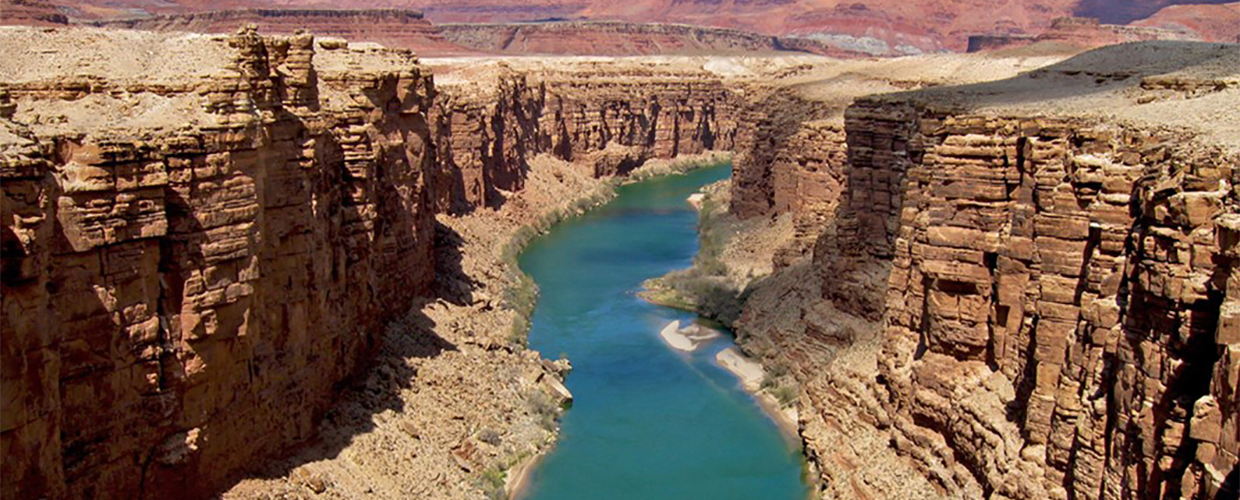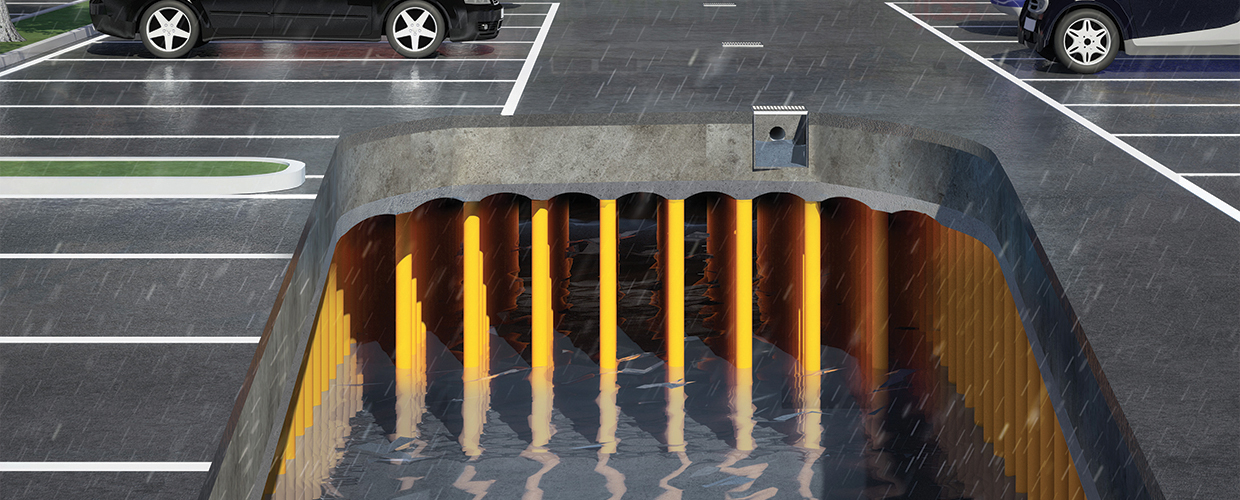Global water management issues
by Nikola Tosic, 22 February 2018

Water is life and distinguishes our planet compared to all the others we know about. While the global supply of available freshwater is more than adequate to meet all current and foreseeable water demands, its spatial and temporal distributions are not. There are many regions where freshwater resources are inadequate to meet domestic, economic development and environmental needs. In such regions, the lack of adequate clean water to meet human drinking water and sanitation needs is indeed a constraint on human health and productivity and hence on economic development as well as on the maintenance of a clean environment and healthy ecosystems.
All of us are involved to find a sustainable way to solve these issues. However, we face multiple challenges in doing that, especially given a changing and uncertain future climate, and a rapidly growing population that is driving increased social and economic development, globalization, and urbanization.
Major rivers – including the Colorado River in the western United States and the Yellow River in China – no longer reach the sea in most years. The California drought is exacerbating the large and growing gap between the state’s water use and the available water supply, while the Western Cape drought is causing a significant water crisis never seen before in South Africa: Level 4 water restrictions are being imposed, limiting the consumption of water to 50 litres per person per day. The world’s water is increasingly becoming degraded in quality, threatening the health of people and ecosystems and increasing the cost of treatment. Some 780 million people around the globe still lack access to clean water and thousands perish daily for the lack of it.

All these issues are connected to a wasteful use of water, characterized by poor management systems and failure to apply existing water technologies.
Today perhaps half of economically available freshwater is used to satisfy human demands—twice what it was only 35 years ago [Young et al., 1994]. We are not sure how much water must remain in our natural ecosystems to maintain them; many have already been destroyed by overwithdrawals of water. Fortunately studies of the role of water in ecosystems are improving our ability to value it and to understand large scale, long-term ecosystem processes and the flows of water they require.
Nowadays, there’s an International Institution that deals with all these problems: The International Water Management Intitute. This is a non-profit research organisation with headquarters in Colombo, Sri Lanka, and offices across Africa and Asia. Its research focuses on: water availability and access, including adaptation to climate change; how water is used and how it can be used more productively; water quality and its relationship to health and the environment; and how societies govern their water resources.
However, the change must start from all of us. What can we do to improve water management concretely?
- Increase soil organic matter;
- Improve soil structure;
- Reduce soil erosion;
- Increase water filtration;
- Increase efficiency of water use;
- Replenish soil nutrients.
Geoplast offers many solutions for water accumulation.
Drening, Drainpanel and New Elevetor Tank for example, are our flagship products with regard to the field mentioned above. They are all a valid alternative the systems used until today. They can be used for rainwater management of residential and commercial buildings, roads, parking lots, but also for household use, irrigation of public parks and rainwater accumulation for reuse or subdispersion.

Rainwater accumulation systems are very important for many reasons:
- They Help the reduction of the waste of drinking water for uses like irrigation, washing machines, toilet flushing, etc…
- They allow the creation of undergound tanks to collect rain, storage it and used in a second time, for many different purposes;
- They can be applied to build agriculture water saving systems, in order to collect water and use it to irrigate fields or public parks during period of drought.
Collection and reuse of rainwater in an excellent solution to save this important resource, also in the building sector, creating for example a domestic water saving system. All our products can be used in different situations, singularly or combined together.
Our planet no longer functions in the way it once did. Earth is currently confronted with a relatively new situation, the ability of humans to transform the atmosphere, degrade the biosphere, and alter the lithosphere and hydrosphere. The challenge for all of us is to start a different and opposite process to help our planet and for hence to use sustainable methods to avoid environmental degradations and indeed save our own health.
